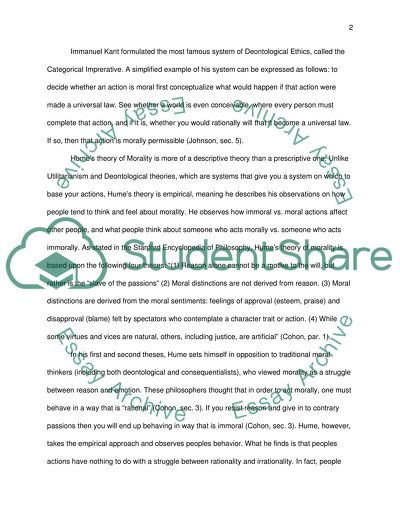Ethical Theories: Description And Application Research Paper. Retrieved from https://studentshare.org/engineering-and-construction/1438637-review-of-three-ethical-theories
Ethical Theories: Description And Application Research Paper. https://studentshare.org/engineering-and-construction/1438637-review-of-three-ethical-theories.


